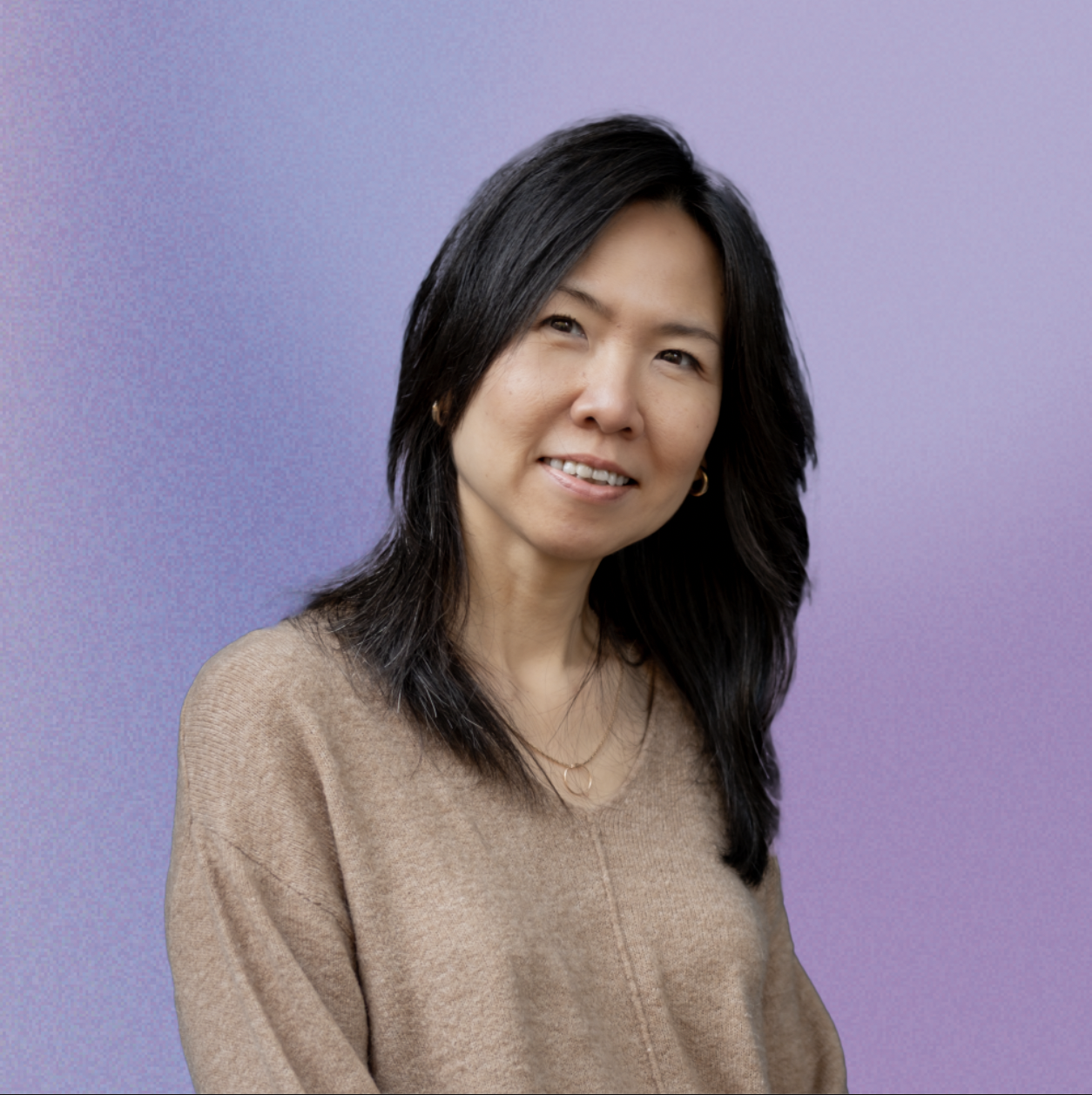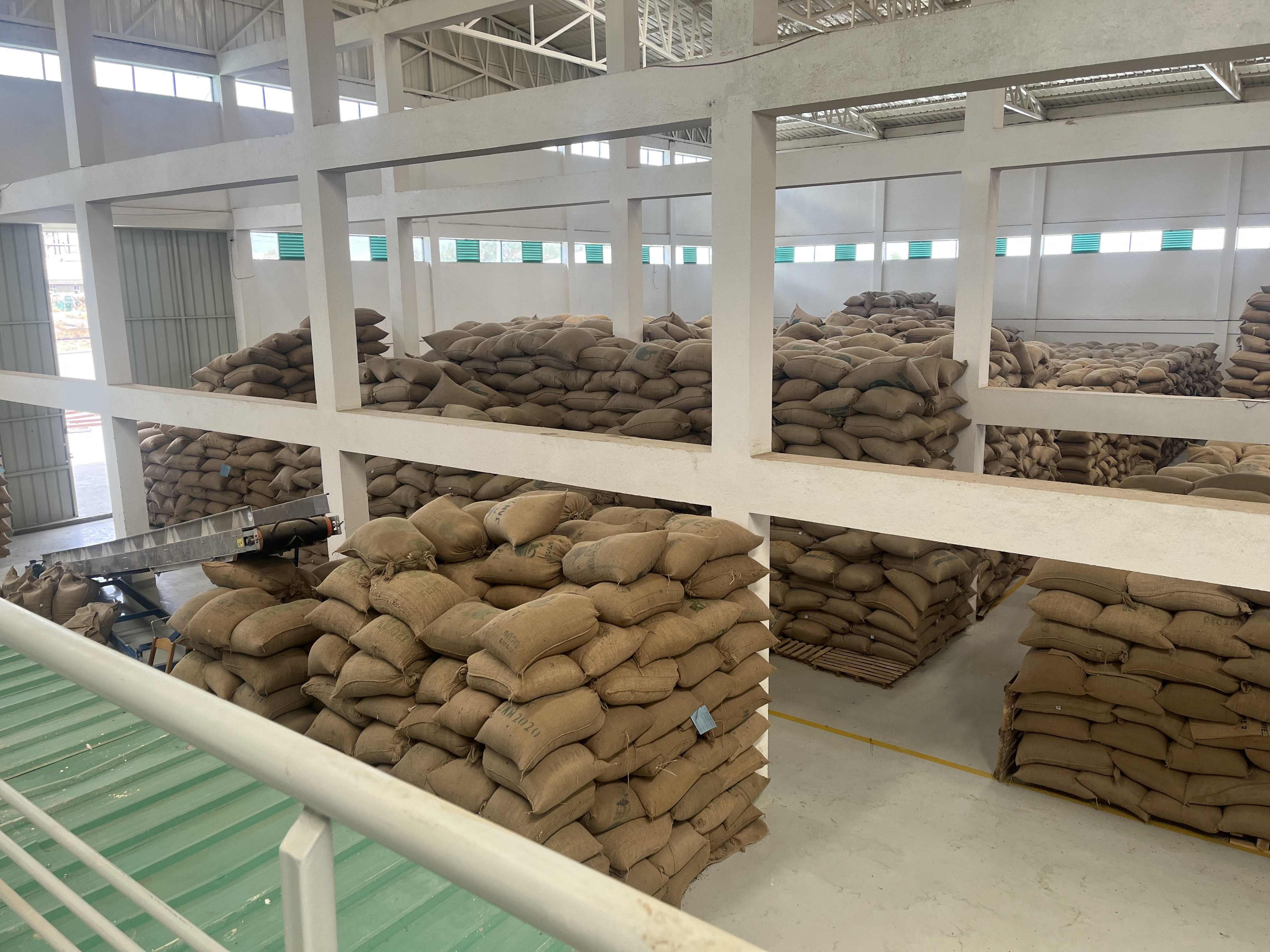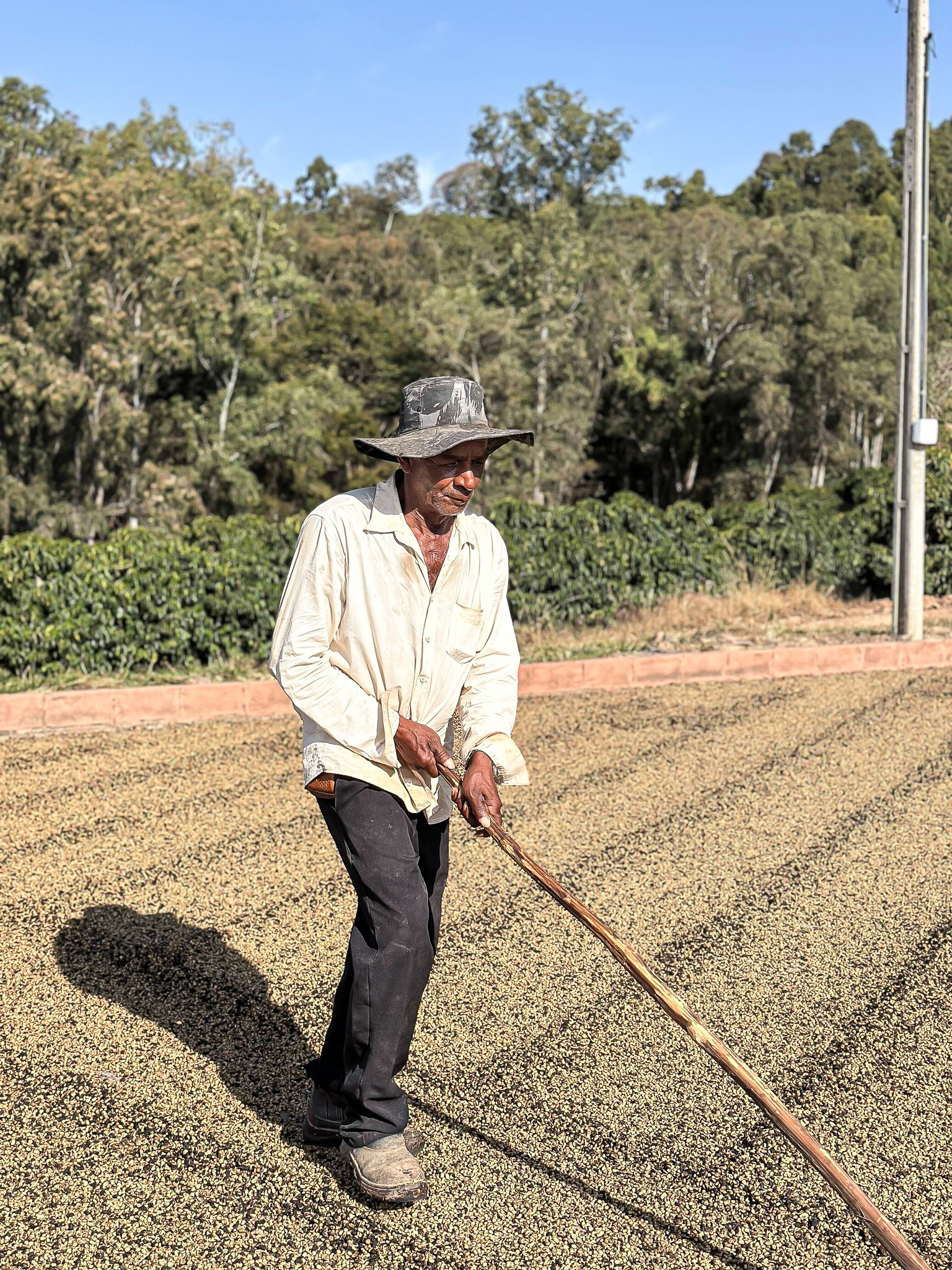Brazil

Unique, fruit-driven naturals and special preps from lesser-known regions.
We started sourcing from Brazil in 2012, with the opportunity to differentiate ourselves. We’re very selective, as we buy unique coffees from new, undiscovered regions that break away from the typical Brazilian flavour profiles. When producers are incentivised to invest in their production, we know that Brazilian coffees can consist of big, funky fruit, some wildly expressive naturals, as well as solid milk chocolate and sweet coffees.
Harvesting season
May - October
Arrival times
October - January
Quantities
5 – 100 bag lots. Average is 30 bag lots.
Packaging
60 kg grainpro bags
Cultivars
Catuaí, Mundo Novo, Icatu, Obatã, Catuaí & Acaiá
Processes
Naturals, pulped naturals, extended-fermentation naturals
Flavour profiles
Milk chocolate, cocoa, hazelnuts, red fruit, funk
Usage
Widely used for espresso either single origin or in espresso blends, can also be used for filter.
Shelf life
Normally holds up well for 9 months to a year. We can never guarantee more than 6 months after arrival for any coffees.
In Brazil, our focus has mostly been in less known areas of the origin. We return to the same small and medium-sized producers, with the potential to create a steady and reliable supply of unique coffees.
The exporters we work with have been crucial partners, not just because of the quality they can connect us to, but also because they have brought us closer to growers with a lot of potential. As a result, we have built more long-term relationships with quality-oriented producers, who implement proper farming practices, are willing to experiment, and can scale their production.
Through high premiums and by committing to their coffees, we can incentivise them to advance their processing methods and initiate selective picking, for better quality and flavour profiles. If buyers are willing to pay for the true cost of production, Brazilian coffees have the potential to be unique and diversified.
Our selection has evolved into a variety of higher scoring, sweet and fruit driven naturals, which we can now acquire on scale. We offer a range of microlots and single varieties from smaller farmers, as well as special prep products and fermented naturals.

A step-by-step overview

Coffee is grown and agronomically managed depending on the producer, the size of a farm and intentions in terms of quality. There is a lot of access to knowledge on agronomy, which can sometimes be very valuable, but sometimes also misguided. If producers want to improve their production, they have access to the tools to do so. The biggest limitation is the availability of finances for investment.
Labour is one of the most expensive components of the production cycle, which is why farms (large plots of land or on flat surfaces) choose to mechanically pick their cherries. This, however, is not possible for smaller farms or ones situated on hilly terrain. They have to optimise their cherry collection as much as possible, with limited resources for picking. Historically, the harvest’s flowering has been very consistent from year to year.
This allowed Brazilian producers to pick cherries mechanically or to pick everything in one go and manage their costs more efficiently. Recently, however, climate change has led to variations from year to year, making this more difficult. Additionally, it is just too expensive to pick only ripe cherries for the prices that Brazilian coffees are sold at in the market. It is therefore prevalent to see cherries of all colours and quality when the coffee is picked and ready for drying.
The industry’s common belief is that the cherries will be sorted during the milling process. We work with producers to initiate selective picking, and we undoubtedly see a difference in their cup quality. The producers, however, report that this process costs 3 times more than standard picking procedures.
In Brazil, the predominant processing methods are washed, pulped naturals, and naturals, with the latter constituting the majority of volumes.
We specialise in natural coffees and various experimental preparations. These encompass cherry-fermented naturals subjected to aerobic fermentation, cherry-fermented naturals with anaerobic cherry fermentation, and traditional natural coffees. The fermentation duration typically ranges from 60 to 80 hours.
Drying in Brazil is almost entirely done on concrete patios. In some cases, where a producer has a very simple set up, natural coffees can even be found drying directly on the ground. Some of the producers we work with use patios and raised African beds. During the drying process, the daytime temperature in Minas Gerais reaches approximately 25 degrees celsius. In the early morning and evening, it can be very cold.
Some of our partners argue that while the raised beds allow for aeration, the patios can absorb the daytime heat and preserve it during the night. We haven’t conducted any experiments to confirm or deny such a claim.
Quality
We've been prioritizing partnerships with small and medium-sized producers in lesser-known regions, aiming to expand their production capacity over time. Our focus has shifted towards procuring higher-scoring, sweet, and fruit-forward naturals, now available in larger volumes. From smaller farmers, we acquire various microlots, single varieties, as well as special preps and fermented naturals.
In Brazil, mechanical picking is common, so quality-oriented farmers focus a lot on post-harvest quality control. Sophisticated machinery is used to sort cherries based on ripeness levels after picking. While this method can yield good results efficiently, selective picking (which involves harvesting only uniformly ripe cherries), produces the highest quality cup profiles. We collaborate closely with producers and commit to specific volumes for selective picking, providing them with the financial certainty to focus on quality. Our goal is to fully explore the potential of Brazilian coffee with adequate recognition and support for necessary labour costs.
Several producers we work with have begun adopting selective picking for certain lots, recognizing the potential for enhanced coffee quality. While this approach may not be feasible every season, it signifies progress towards unlocking Brazil's full quality potential.
Transparency
In Brazil, the coffee market is largely dominated by expansive commercial farms, leading to generally lower prices per kilo, often tied to the C-Price index. This dynamic can leave producers vulnerable and strain buyer-seller relationships, prompting producers to seek out opportunities to maximize their income. Typically, cherry growers will offer their coffee to multiple exporters, sell for quick cash, or opt for the highest bidder.
However, the advantage of Brazil's substantial coffee volumes lies in economies of scale, resulting in lower production costs. Our goal is to provide stable prices, catering not only to small batches of unique profiles but also to larger quantities of standard coffees.
Maintaining the quality of our coffee is paramount, alongside consistent pricing across our range. We aim to offer products at various price points to meet diverse customer needs. Each year, we evaluate market dynamics and client demands to determine our purchasing volume. Unlike typical commercial practices, we prioritize price stability over volume expansion, ensuring fair pricing with our partners.
Furthermore, we stress the importance of open communication and information sharing with our producers and suppliers. By providing transparent, unfiltered data, we empower them to enhance their practices and coffee quality continually. This commitment to transparency underpins our approach to collaboration in Brazil and beyond.
Impact
Our efforts in establishing more efficient and regular communication with individual suppliers has definitely paid off. The special preps we source have started to feel less risky, both for us and the producers. The procedures necessary to produce such coffees have become much more stable. For example, some producers have shifted from manual picking to manual sorting, enabling a more defined cherry selection process.
This is particularly noticeable amongst the young generation of coffee growers in Brazil, eager to experiment with fermentation. Their dedication to quality is driven by the need to compete with large industrial farms dominating the industry.

About the origin
Coffee started entering Brazil in the 1700s. Production started spreading from the North to the Southeastern mountainous states and thrived because of the temperatures, heavy rainfall and distinctive dry season.
Today, Brazil ‘s claim to fame is being the world’s biggest producer of coffee. The production is spread across 12 states and 6 differentiated regions. We buy coffees from the Minas Gerais region which consists of 50% of the country's production.
The majority of Brazilian farms are very large in size and most picking and drying is conducted mechanically. Farmers typically process coffee at a green stage, which is called ‘bica corrida’ in Portuguese. Samples are delivered to exporters or cooperatives, but the cherries have not been sorted or cleaned. Exporters cup and classify the coffee and give producers feedback afterwards. The exporter will then clean and sort the coffee on their own, and export the green beans.
Interested in this origin? Talk to your sales rep.




What’s new?
The latest updates delivered to your inbox.
Subscribe to our newsletter for the freshest news on origins, harvests, new producers, our coffee list, and market insight.

.jpg)














.jpg)



.jpg)
.jpg)

